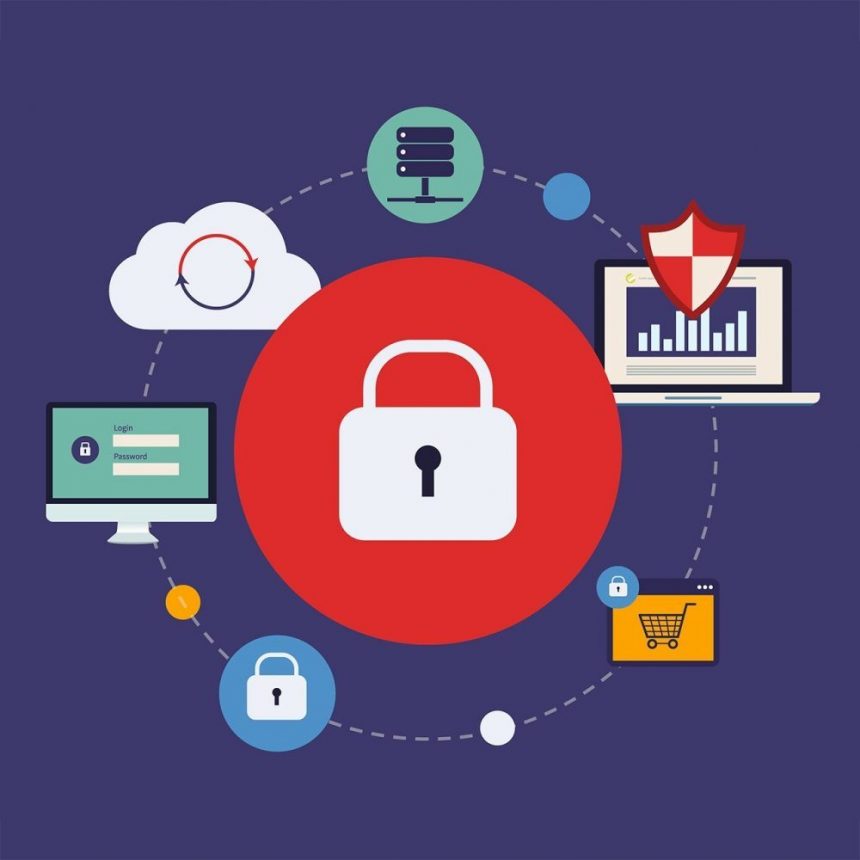In an earlier column, I promised to make specific recommendations for the best password manager software to use. There are quite a few from which to choose, and determining the one best for you might otherwise be a difficult undertaking, so I have a suggestion that will make it easier. The best password manager is the same one your son, granddaughter, best friend, or computer consultant uses because that is who you will probably call when you have a question.
Lest you be disappointed I did not recommend a specific product, I will do that in a moment, at the same time acknowledging that in addition to my favorite, there are several other good programs available. The most important thing is that you do choose one and learn to use it!
A Consumer Reports article has listed in alphabetical order the four best password manager programs. They are 1Password, Dashlane, KeePass, and LastPass, the choice among them being mostly a matter of personal preference. For 10 years, I have used LastPass.
Regardless of which software you pick, they share some common features. One “master” password is the key that unlocks access to all the rest, so the master password is the only one you need to remember. The manager will store your passwords in an encrypted form, making it impossible for the list to be stolen, except by your own carelessness. And most of the programs allow you to easily access your passwords across all the different computers, smartphones, and tablets you own. If you add or change a password on your computer, it can be updated to your phone and other devices.
One feature I like about LastPass is its “dead man” feature, which guards against losing the master password. Thirty days following the last time I might log on to LastPass, the executor of my estate will get an email saying, “Charles was apparently run over by a bus, so here are all of his passwords.” That guarantees that eventually, someone will recover my passwords, even me if the problem was that I forgot my master password.
The biggest barrier to most people using a password manager is the issue of trusting a program, and that is unfortunate. Too many people record vital passwords on Post-it notes stuck to computer monitors or in some notebook that invariably goes missing at some point.
One thing I know for sure is that even after reading this column, some of you will still eschew a password manager in favor of recording your passwords in a file on your computer. If you must do this, please do not name that file the obvious name of “Passwords.doc.” At a bare minimum, change the file name to something a little less appealing such as “Proctologist Exam.doc” or “Septic Tank Cleaning.doc” just to make the file a little less tempting to hackers or anyone else to investigate.
Charles Miller is a freelance computer consultant, a frequent visitor to San Miguel since 1981, and now practically a full-time resident. He may be contacted at 044 415 101 8528 or email FAQ8@SMAguru.com.

